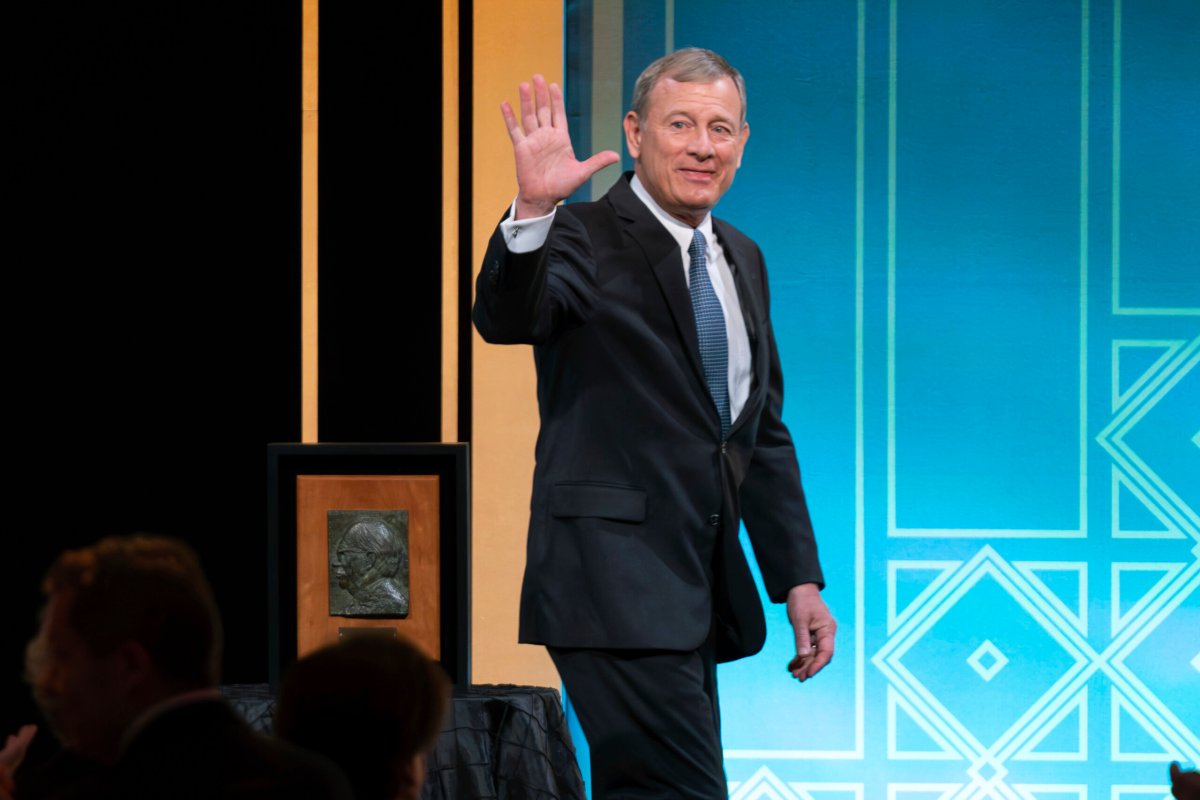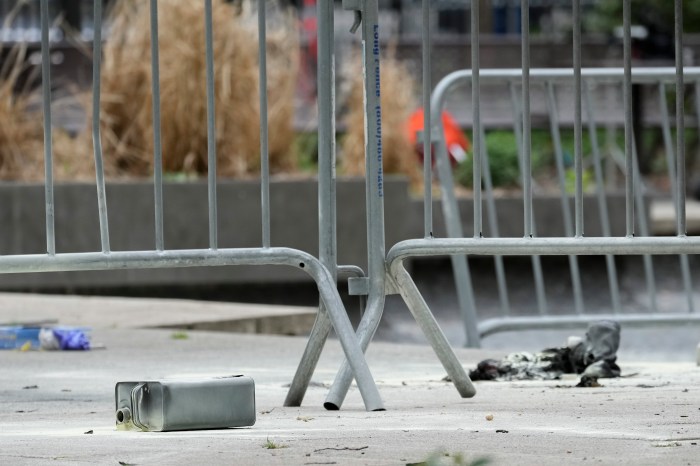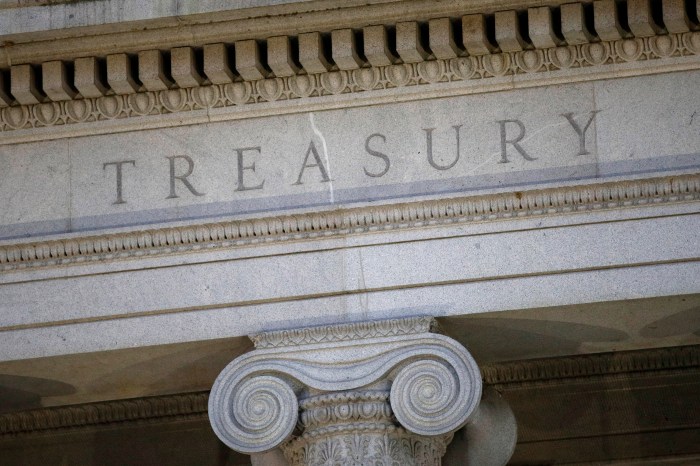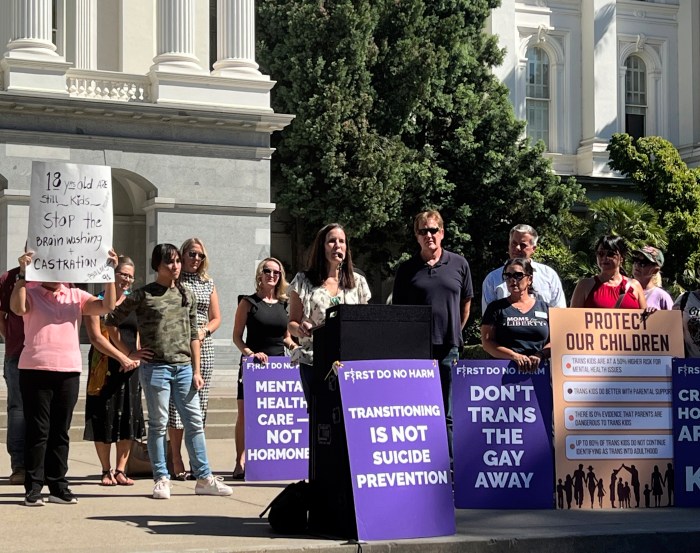WASHINGTON (AP) — Chief Justice John Roberts said there is more the Supreme Court can do to “adhere to the highest standards” of ethical conduct, an acknowledgment that recent reporting about the justices’ ethical missteps is having an effect on public perception of the court.
Speaking at a law dinner Tuesday where he was honored with an award, Roberts provided no specifics but said the justices “are continuing to look at the things we can do to give practical effect to that commitment.”
He said he is “confident there are ways to do that consistent with our status as an independent branch of government and the Constitution’s separation of powers.”
The court has resisted adopting an ethics code of its own, and Roberts has raised questions about whether Congress could impose a code of conduct on the court.
All nine justices recently signed a statement of ethics that Roberts provided to the Senate Judiciary Committee. His remarks Tuesday suggested he knows that statement is not enough to quiet critics.
The chief justice’s remarks follow a series of stories, mainly by the investigative news site ProPublica, that have detailed lavish trips and other gifts provided to Justice Clarence Thomas by Republican megadonor Harlan Crow.
Democrats have used the revelations to call for stronger ethics rules for the Supreme Court, and the Democratic-controlled Senate has held two hearings on ethics issues in recent weeks. Republicans have defended Thomas.
Roberts, who has led the court since 2005, also said the hardest decision he has made as chief justice was to keep protesters away from the court last year, in the wake of the leak of the draft opinion overturning Roe v. Wade.
“The hardest decision in 18 years I had to make was whether to erect fences and barricades around the Supreme Court. I had no choice but to go ahead and do it,” he said at the American Law Institute dinner in Washington.
The fencing was removed before the court’s new term began in October.



















